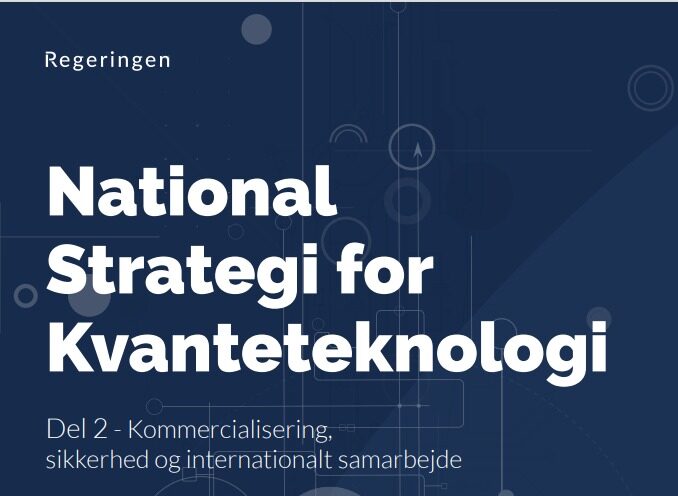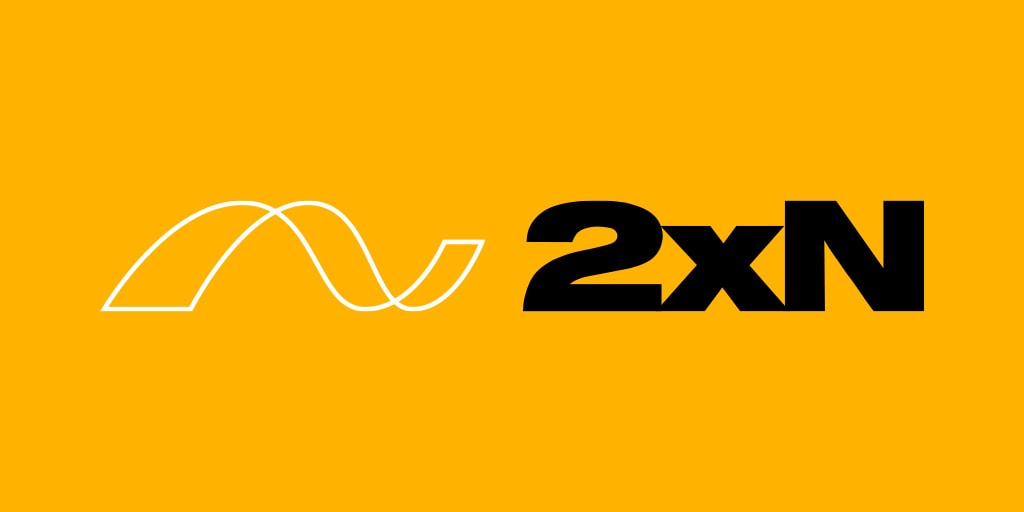Recently, NKT Photonics has conducted a strategic review to identify the best way to further grow and strengthen the company with the view to increasing market reach and to further developing our industry-leading solutions. Today, we are very happy to announce that we will become part of Hamamatsu Photonics, one of the oldest and most respected photonics companies in the world.
Founded in Japan in 1953, Hamamatsu Photonics today has more than 5300 employees worldwide and annual revenue of close to 1.2 billion EUR. Hamamatsu Photonics specializes in optical sensors, electric light sources, and other optical devices and instruments for scientific, technical, and medical use.
“At NKT Photonics, we are all excited and honored to become part of Hamamatsu Photonics, one of the most respected global companies in our industry. We share common goals and a vision of providing the best solutions to our customers and innovators. Together and with our complementary technology platforms, we will be stronger than ever,” says Basil Garabet, CEO of NKT Photonics.
With over two decades of experience and a leading market position within photonic crystal fibers and advanced fiber lasers, NKT Photonics is a great match for Hamamatsu Photonics’ renowned detector and light-source portfolio.
“We are extremely pleased to welcome NKT Photonics to Hamamatsu Photonics. The integration of our two companies allows us to enlarge our portfolio of solutions for use in for example the industrial, scientific, and health care sector. NKT Photonics will constitute our dedicated fiber and laser division, an area where we see significant growth potential,” says Akira Hiruma, CEO of Hamamatsu Photonics.
NKT Photonics will continue as a subsidiary with responsibility for fiber and laser development and manufacturing within the Hamamatsu Photonics group. Our product portfolio will remain unchanged, and so will our name and branding in the coming period to ensure continuity for our customers, suppliers, and business partners.
The closing of the transaction is subject to regulatory approval which is expected to take place by the end of March 2023.



